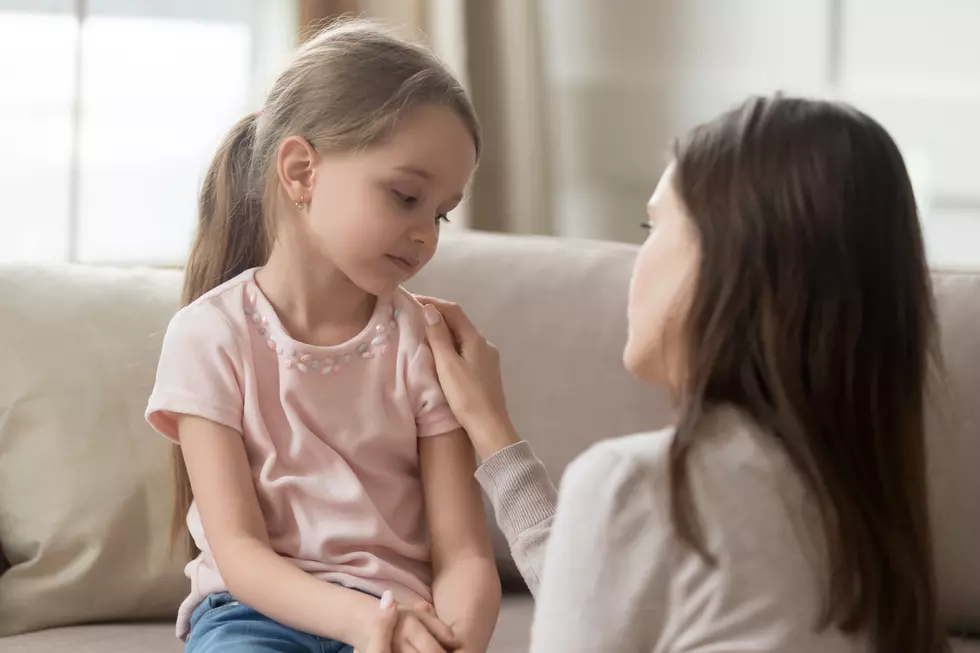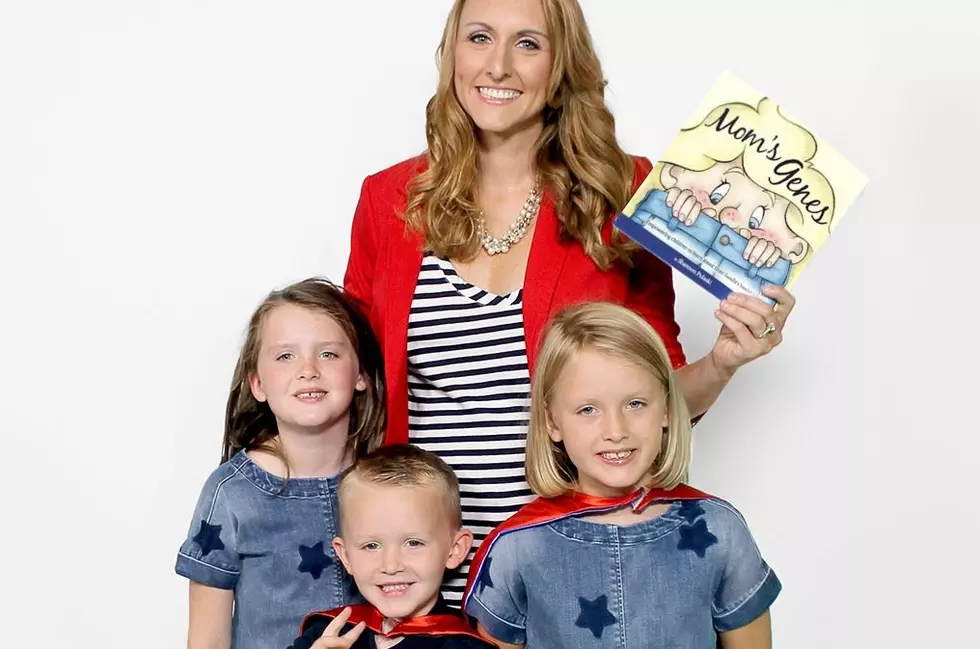
Seasonal respiratory virus prompts warnings to parents
There has been a lot of publicity lately about the dangers associated with enterovirus 68, but health officials are warning New Jersey parents to watch out for another type of virus that can be more problematic and deadly.
According to the Centers for Disease Control and Prevention, respiratory syncytial virus, known as RSV, affects the lungs and breathing passages and is the most common cause of pneumonia and bronchiolitis in children under the age of 1. Between 75,000 to 125,000 children in this age group are hospitalized each year in the U.S. due to RSV.
Five hundred children die each year from RSV, according to the American Academy of Pediatrics.
The peak time for RSV cases is normally in October, November and December.
The New Jersey Department of Health does not track individual cases of RSV, but it does monitor trends of RSV using a group of acute care hospitals who voluntarily report.
"Initially RSV in children seems like a normal cold, with a runny nose, a cough and a low grade fever, but signs they have more severe disease would be a child that's having what we call retractions," said Dr. Stephen Percy, the vice chairman of the Department of Pediatrics at Hackensack University Medical Center. "If you look at the chest with a shirt off, you see the skin between the ribs being sucked in."
Percy said virtually all children get RSV before their second birthday and for most, it's not a problem, unless there is an underlying immune problem or condition.
"About half of children will be coughing for up to 10 days, and the other half longer than that," Percy said. "Some children will cough for three weeks, but if they're eating and behaving normally, that's a sign they are getting better."
When should children go to the hospital?
"A child that looked like they were getting better, now suddenly is getting worse. A child having high fevers, a child that is not eating anymore, a child that is not as alert and responsive as they normally are," Percy said.
The CDC lists these tips to help prevent the spread of RSV:
- Cover their coughs and sneezes
- Wash their hands frequently and correctly (with soap and water for 15–20 seconds)
- Avoid sharing their cups and eating utensils with others
- Refrain from kissing others
Adults can also catch RSV, and those with compromised immune systems are particularly at risk. But Percy said RSV is mostly a threat to young children and infants.
More From New Jersey 101.5 FM









